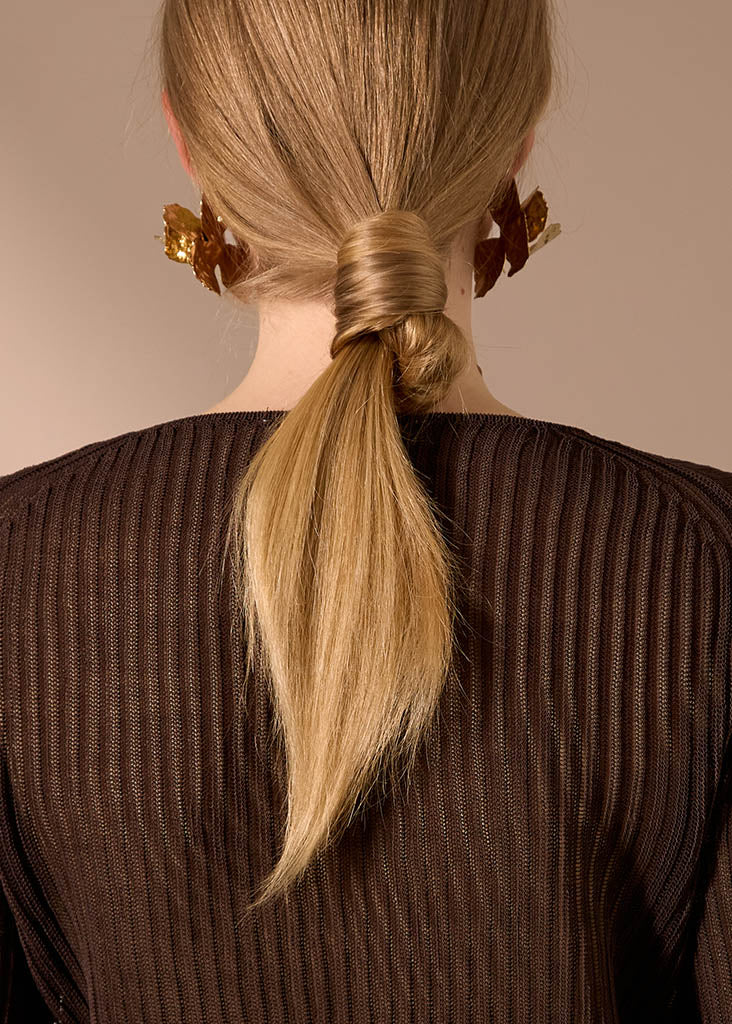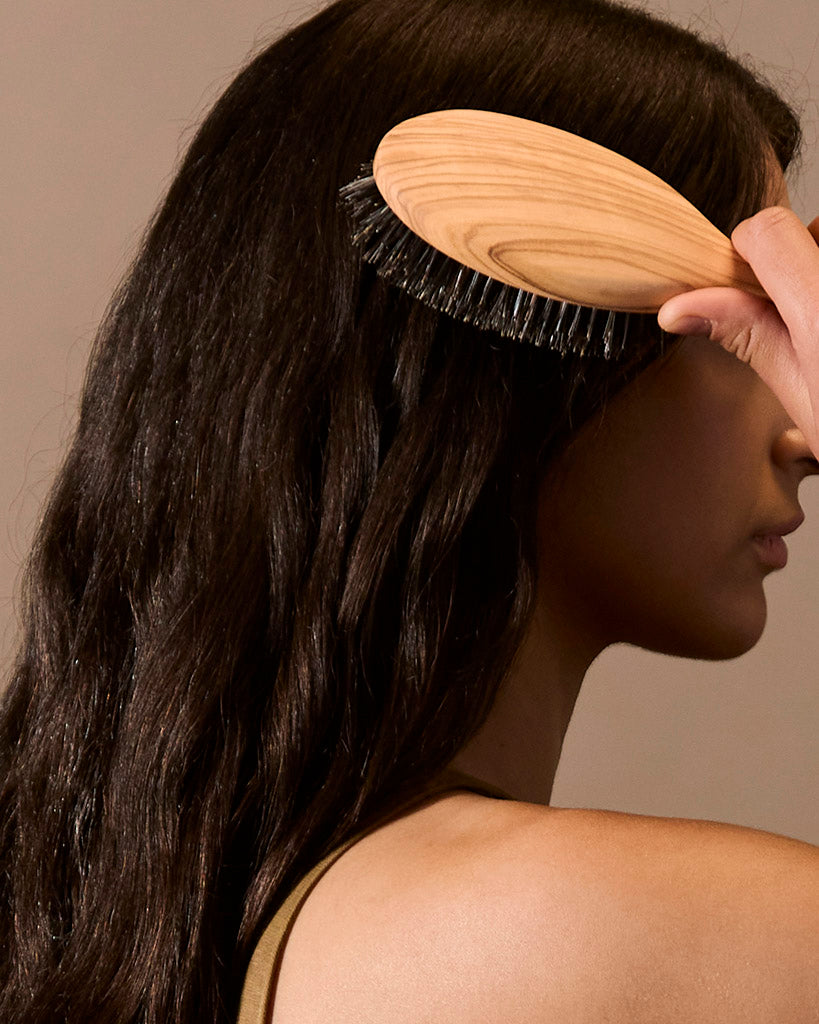The blog

Rituel ancestral, se parfumer les cheveux se réinvente aujourd’hui avec des parfums spécialement formulés pour respecter la fibre capillaire. Mais pas seulement. Il s’allie à un autre geste intemporel : le brossage avec une brosse en poils de sanglier. Focus sur cette tendance qui transforme les routines capillaires.
NOUS CROYONS EN LA CRÉATION D'OBJETS DURABLES.
À TRANSMETTRE. À CONSERVER PRÉCIEUSEMENT.
Depuis des générations, notre passion est simple mais puissante : créer des brosses à vos routines quotidiennes en rituels de soin.
( depuis 1875 )
L'ÉTUDE
Prêt à donner à vos cheveux le soin qu'ils méritent ?








